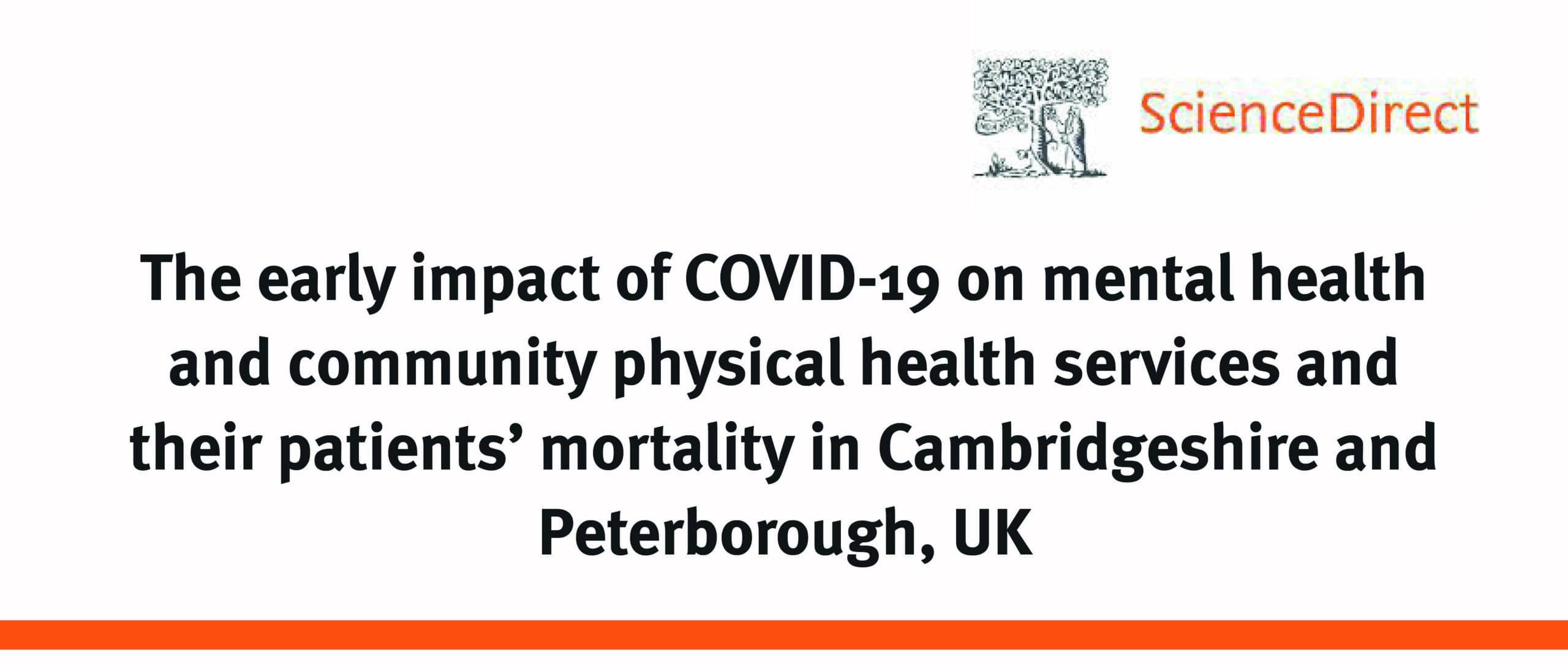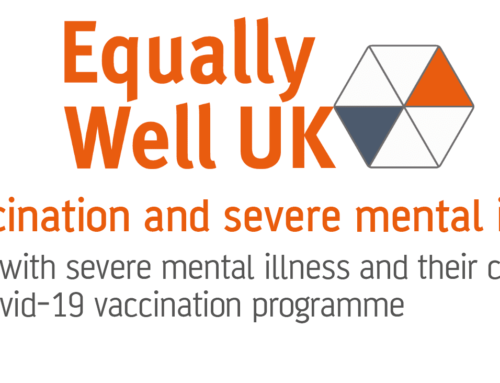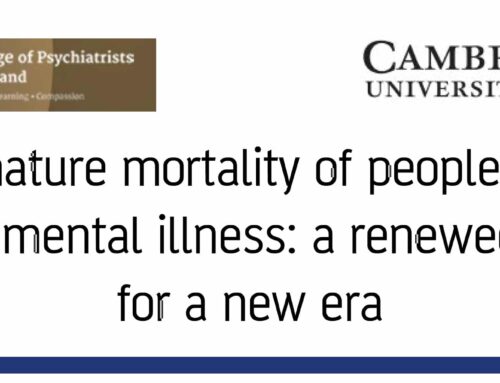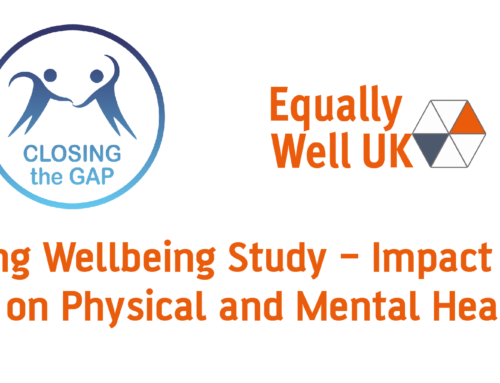Project Description
Journal of Psychiatric Research
Abstract (taken from the resource)
Background: COVID-19 has affected social interaction and healthcare worldwide.
Methods: We examined changes in presentations and referrals to the primary provider of mental health and community health services in Cambridgeshire and Peterborough, UK (population ~0⋅86 million), plus service activity and deaths. We conducted interrupted time series analyses with respect to the time of UK “lockdown”, which was shortly before the peak of COVID-19 infections in this area. We examined changes in standardized mortality ratio for those with and without severe mental illness (SMI).
Results: Referrals and presentations to nearly all mental and physical health services dropped at lockdown, with evidence for changes in both supply (service provision) and demand (help-seeking). This was followed by an increase in demand for some services. This pattern was seen for all major forms of presentation to liaison psychiatry services, except for eating disorders, for which there was no evidence of change. Inpatient numbers fell, but new detentions under the Mental Health Act were unchanged. Many services shifted from face-to-face to remote contacts. Excess mortality was primarily in the over-70s. There was a much greater increase in mortality for patients with SMI, which was not explained by ethnicity.
Conclusions: COVID-19 has been associated with a system-wide drop in the use of mental health services, with some subsequent return in activity. “Supply” changes may have reduced access to mental health services for some. “Demand” changes may reflect a genuine reduction of need or a lack of help-seeking with pent-up demand. There has been a disproportionate increase in death among those with SMI during the pandemic.
Click here to read the resource on the ScienceDirect website.






